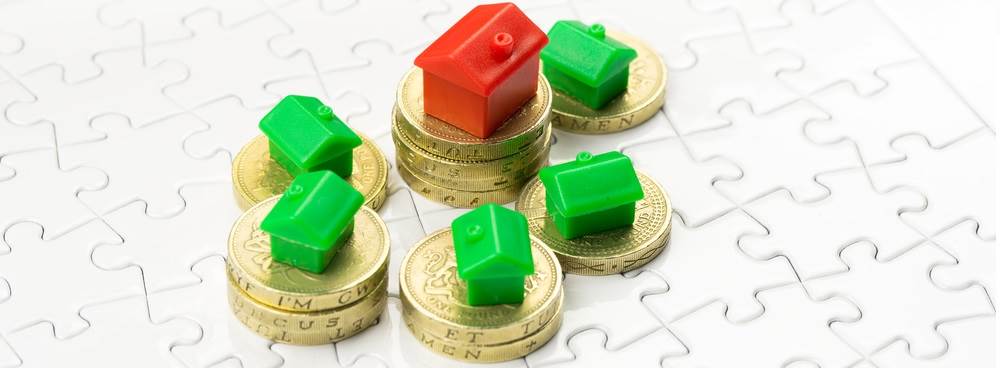
What effect has the LBTT had on house prices in Scotland?
It’s now been just over three months since the Land and Building Transaction Tax (LBTT) replaced Stamp Duty in Scotland – but what has this meant for the housing market?
Overall, the introduction of LBTT will be good news for the majority of buyers – our figures for the Aberdeen area show that approximately 80% of buyers will benefit – but as always there can be trouble in the short term.
The introduction of LBTT means that properties under £340,000 have less of a tax imposition than they did before, but properties of a higher value than this pay more tax.
Ahead of the transition to LBTT, March saw a record 83 properties each costing more than £1million change hands in Scotland, compared to an average 12 a month. In April, however, there were no such sales.
Nationwide Building Society reported a fall in prices in Q2 of 2015 (April to June), with Scotland’s property prices down 1% compared to Q1. The two facts may well be related.
The Q2 figures for our area disclose insertions up 7%, but sales down 8%. More germane to the topic under discussion is the total value of houses sold, down 6%. The average value (a simple average, not the constant quality index which Aberdeen University provides using our data – and to be available later this month) shows an increase of 1%. Do not be confused! Q2 is, generally, the most active quarter for insertions and sales are down slightly because of the background economic factors relating to North Sea activity. It would be surprising if the figures were not as they are.
Equally, do not be too concerned. While LBTT has had an effect on some of the more expensive areas of the market – really only discernible, so far, as a rush to beat the changeover, experience shows that the market tolerates these changes and gradually resumes normal levels of activity. Anecdotal evidence from member firms confirms that, in the short term, the transition to LBTT has had some effect on market activity above £325,000.
It’s possible a further, slight, decline came from properties trying to ‘fit’ into each bracket, as it is only natural that there will be a “drop off” at each band of tax rate. While people get used to the new tax bands, it is understandable that prices may fluctuate from what they were previously, but this will settle down in the coming months as sellers and buyers get more used to the rates.
In the long run, LBTT will be good for the majority of buyers. Experience shows that, eventually “the market” will come to tolerate the new tax bands and recovery will gradually take place.

